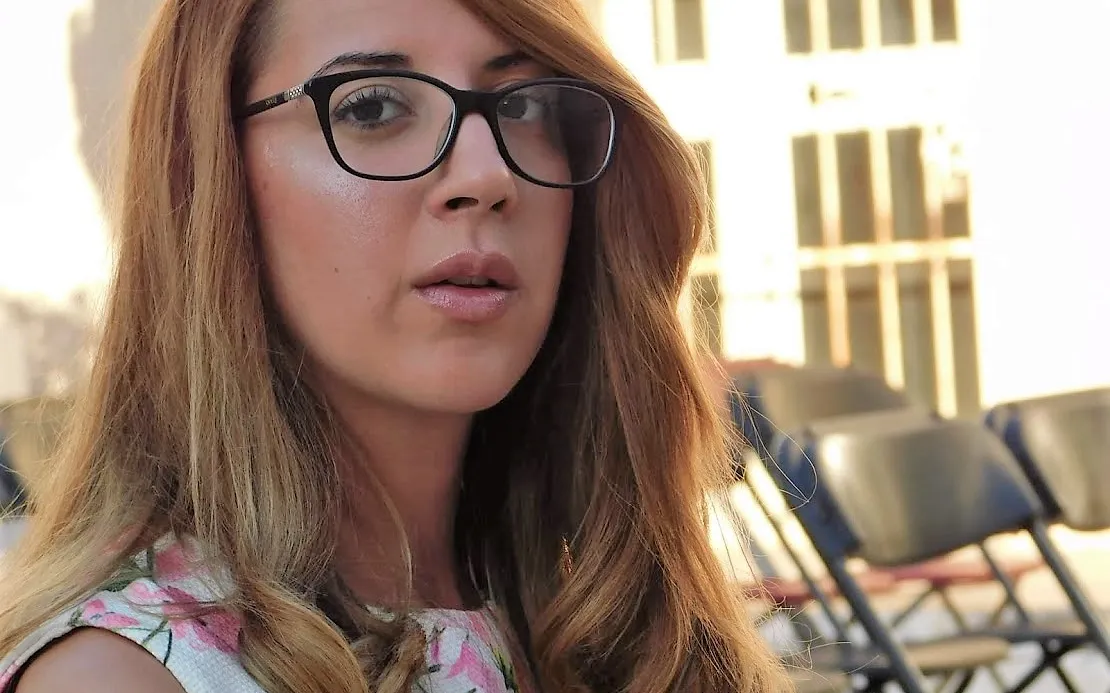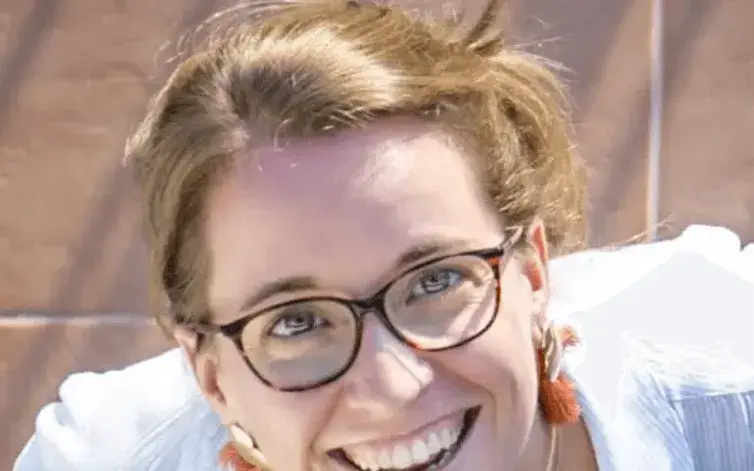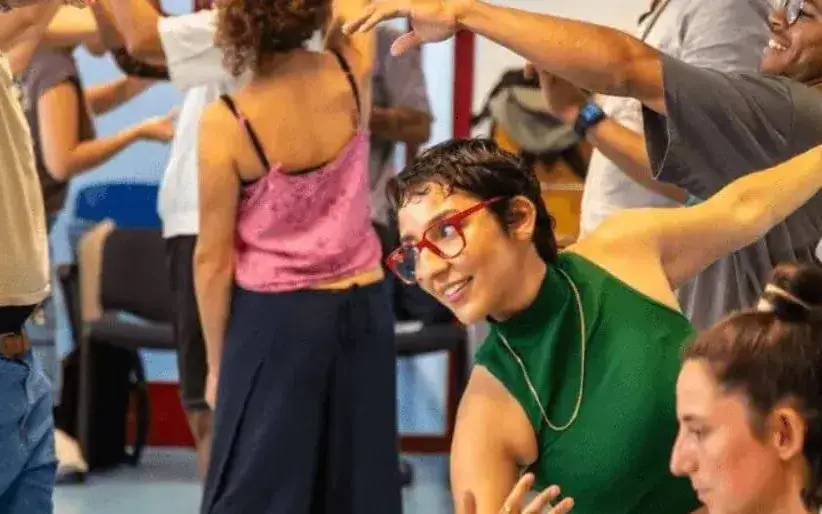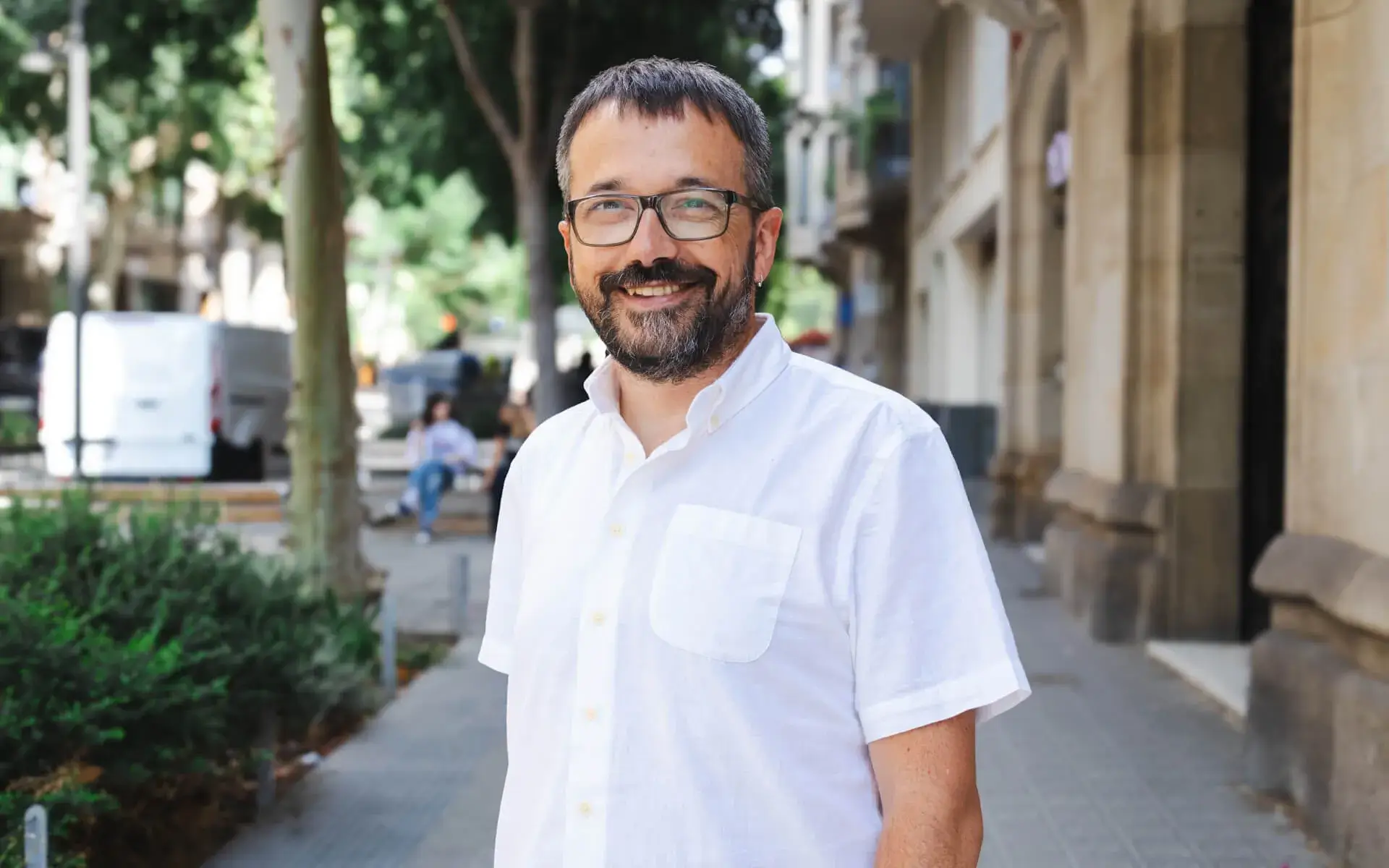Margaret White: "One of the biggest needs is the need of belonging, of being in a place where one feels seen, accepted and safe"
Prisms, a Maltese NGO founded in 2008, focuses on non-formal learning opportunities for young people. Engaged in local and European projects, it "addresses areas such as inclusion, disabilities, mental health, mentoring, and online youth work".
On the occasion of World Children's Day, we interview Margaret White, Head of Disability Services at Prisms, an Organization and projects who work on autism in the society of Malta. Prisms has been one of the collaborating entities in the organization of the day 'Social Europe: A new impetus to local and European action in defense of children's rights', promoted by the Children's Platform of Catalonia (PINCat), together with Diplocat, and held last Thursday, November 16. On the occasion of the celebration.
In this conversation,White exposes the challenges faced by people with autism and explains what their task as an organization is to ensure their well-being.
What's Prisms Malta guiding mission? When and why was it established and what's its current agenda?
Prisms is a Maltese NGO, made of a group of youth workers and professionals who came together with the aim to cater for the requirements of young people. As an NGO, Prisms is always striving to provide non-formal learning opportunities. Prisms was established in 2008 and has since then worked on various local and European projects in the areas of inclusion, disabilities, mental health, mentoring and online youth work. Prisms focuses on two target areas: young people and youth workers/educators.
What type of work are you developing with regards to the Care agenda and autism? What type of challenges are you trying to address and through what methodologies?
As Prisms, we are always at the forefront and grass roots to understand the real needs of young people with autism and their families. Through different methodologies and local and European projects, we have created or been part in different projects.
Autism Friendly Spaces is a service started from an EU funded project with Prisms as the lead, and partners from Malta and Autism Europe, MSSA Macedonia and Learning Designers Spain. Through a mobile app and a website www.autismfriendlyspaces.eu, this service has online modules for training to educators and service providers, accrediting spaces to be autism friendly such as museums, cinemas, hairdressers, banks, libraries and more, and a guidebook for youth workers.
Do you have any programs specifically for young people?
Yes, we have ‘Bliss social group’ which was created as a safe space for autistic young people between 16-25 years to be together, have an identity and explore friendships and relationships.
We also offer the ‘Teens Summer Programme’ for 10 to 15 years of age which involves different activities such as crafts, communication, sensorial activities and more.
Do you work together with any organisation to carry out these activities?
Working with different entities we offer the project of theatre to create sensory friendly performances around Malta and Gozo; and having a group of persons with Intellectual disabilities and/or autism for a one-year project of learning about arts.
Do you also collaborate with the Catalan territory?
Together with Federació Catalana, we have started the project ‘Point of Connection’ that gives voice to autistic young people to research about their Quality of Life, and how services can be more accessible, and finding points of connection with other autistic and neurotypical youth across the EU. Partner countries involve Malta, Spain, Belgium, Poland, Portugal, and Greece.
What type of challenges are impacting children in Malta these days, old and new, as perceived in your work?
I think that one of the biggest needs nowadays is the need of belonging, of being in a place where one feels seen, accepted and safe. That’s why as Prisms we try a lot to create safe spaces to counteract the feeling of loneliness and work towards having spaces which are more safe.
How do you collaborate and partner with local, national and European stakeholders in these projects?
Locally, we work with other entities such as Autism Parents Association, The Commission of the Rights of Persons with Disabilities, the Ministry for Inclusion and Volontary Organisations, the Youth Agency and Support Agency (Disability services). Then we collaborate with private and public entities, and other NGOs to raise awareness and create more accessible spaces.
At a European level we work with entities such as Autism Europe and then with other entities coming from different countries. In Spain we work with Learning Designers and Federacio Catalana, while we have contact in around other 12 countries whom we work with and collobarete on our projects.







Add new comment